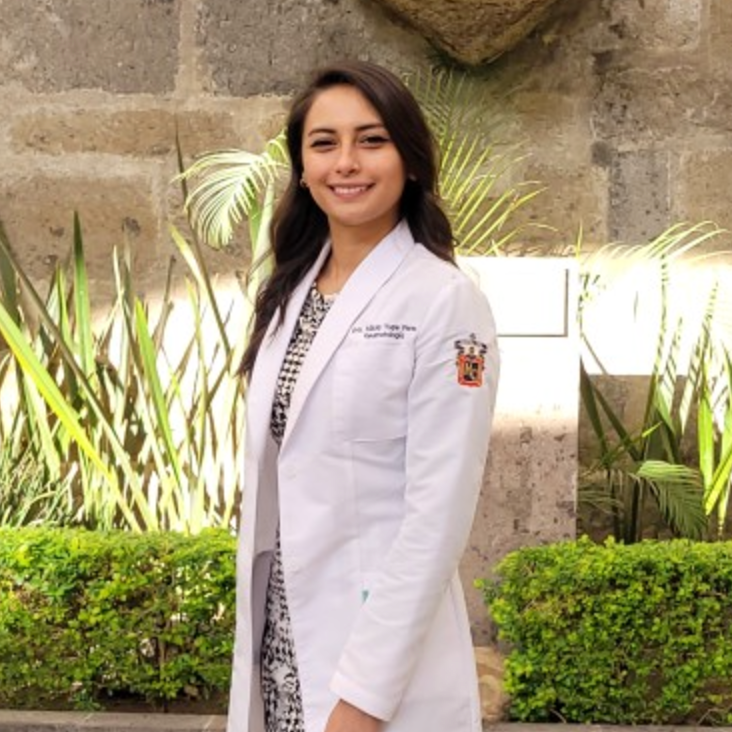News
Article
Higher Rates of Respiratory Distress Seen Among Infants Affected by Maternal COVID-19 Infection
Author(s):
This research sheds light on increasing concerns related to maternal COVID-19 infection and its impact on neonates.

Uniquely high respiratory distress (RD) rates are seen among SARS-CoV-2 exposed uninfected (SEU) neonates who are born to unvaccinated mothers, according to recent findings, and maternal vaccination aimed at COVID-19 may diminish neonatal respiratory distress frequency.1
These findings were the result of a new study conducted to further explore the impact of COVID-19 on infants. This research was led by Olivia M. Man, from the David Geffen School of Medicine at the University of California, Los Angeles.
Man and colleagues sought to assess the intricate relationship observed between infant respiratory distress and maternal SARS-CoV-2 infection at the time of pregnancy. This is especially true due to increasing concerns related to infection transmission.2
“To achieve this aim, we focused on the following objectives: (i) characterize the clinical features of RD among SEU infants; (ii) construct a multivariable statistical model to assess the effect of maternal vaccination on infant RD; and (iii) conduct a proteomic ingenuity pathway analysis to identify proteins differentially expressed in SEU infants and their biological functions,”
Background and Findings
The investigators acknowledged that prior research had attributed respiratory distress in SARS-CoV-2-exposed uninfected neonates to parents having multiorgan failure, hypoxia, and even premature delivery. Despite these original conclusions, it has been noted that increased respiratory distress has been seen among term infants and it had been unexplained.
The research team’s previous work had indicated prenatal SARS-CoV-2 exposure had led to airway inflammation, leading then to ciliary beat dysregulation. The specific mechanism was unclear, but in infants with COVID-19 exposure, inflammasome-associated proteins were found.
Over the course of their research, the team recruited 221 pregnant individuals that also had COVID-19 and 227 fetuses which had been exposed. Among the total of 199 infants who were born, the investigators noted that 3% of the fetuses which had been exposed resulted in adverse outcomes, and 9% ended up being lost to follow-up.
In the study, the majority of those involved as subjects identified as Hispanic, Latina, or Black, with 50% being in 1 of these 3 groups. In the research team’s overall analysis of the 199 live births, they found that 13% met the requisite National Institute of Health (NIH) criteria for having severe or critical cases of COVID-19.
The investigators noted that unvaccinated mothers were shown to have had greater incidence of severe or critical disease, at a rate of 16% compared to those who were vaccinated at 4%. The emergence of different variants coincided with pandemic case peaks, and the team showed that there had been a substantial link between vaccination status among mothers and the circulating variant during the time of maternal infection (P<.001).
The investigators reported that there was a link between infant SARS-CoV-2 IgG levels and the severity of maternal COVID-19 cases, noting that vaccination in the time prior to delivery was the strongest predictor of infants having detectable IgG at birth.
Infants who had been exposed to COVID-19 through maternal exposure were shown by the team to have a notably elevated 17% rate of respiratory distress. The investigators added that term neonates born to those who were unvaccinated ended up having a higher odds ratio of RD (3.06, 95% CI: 1.08-10.21) as opposed to ones born to vaccinated mothers prior to maternal infection.
The research team added that their proteomic analysis suggested an inflammatory response which was connected to ciliary dysregulation and to increased IgE production among these neonates with respiratory distress. The occurrence of maternal COVID-19 vaccination had reduced occurrence of neonatal respiratory distress.
“Pregnant persons should be encouraged to receive mRNA COVID-19 vaccines, regardless of history of prior COVID-19 infection,” they wrote. “More research is needed to understand the impact of maternal COVID-19 vaccination on long term infant health and development, including chronic pulmonary conditions.”
References
- Man, O.M., Azamor, T., Cambou, M.C. et al. Respiratory distress in SARS-CoV-2 exposed uninfected neonates followed in the COVID Outcomes in Mother-Infant Pairs (COMP) Study. Nat Commun 15, 399 (2024). https://doi.org/10.1038/s41467-023-44549-5.
- Foo, S. S. et al. The systemic inflammatory landscape of COVID-19 in pregnancy: extensive serum proteomic profiling of mother-infant dyads with in utero SARS-CoV-2. Cell Rep. Med. 2, 100453 (2021).




